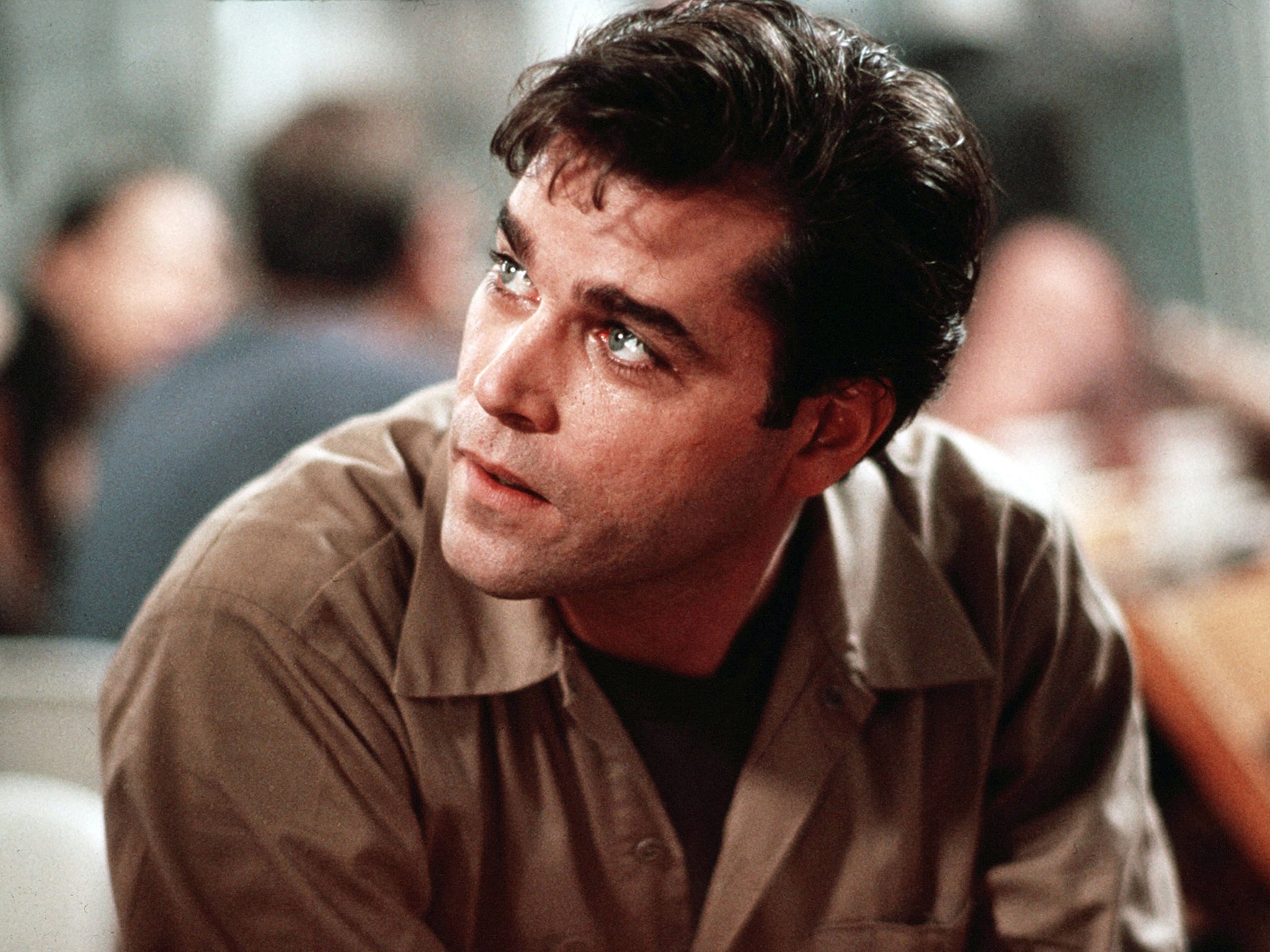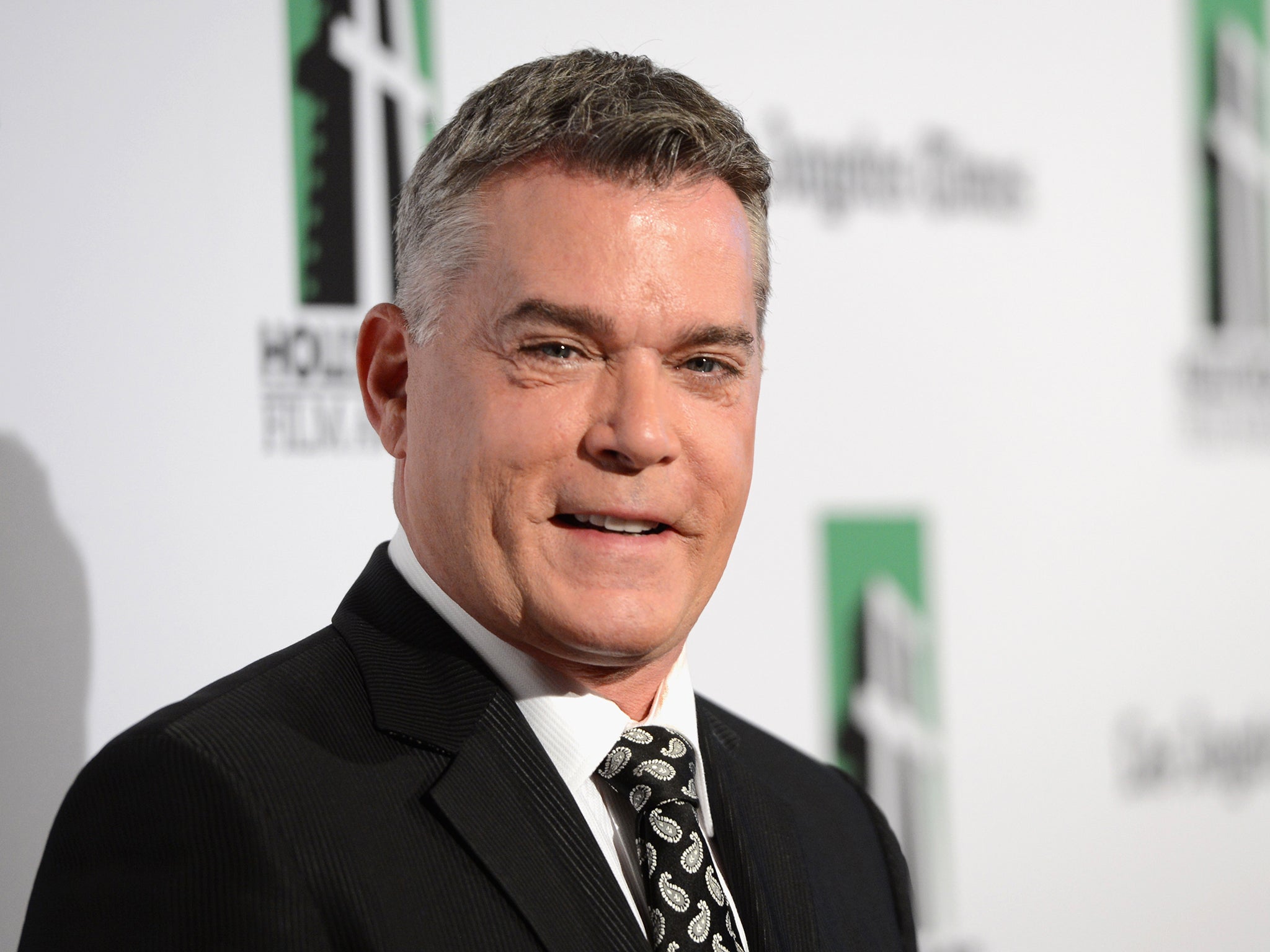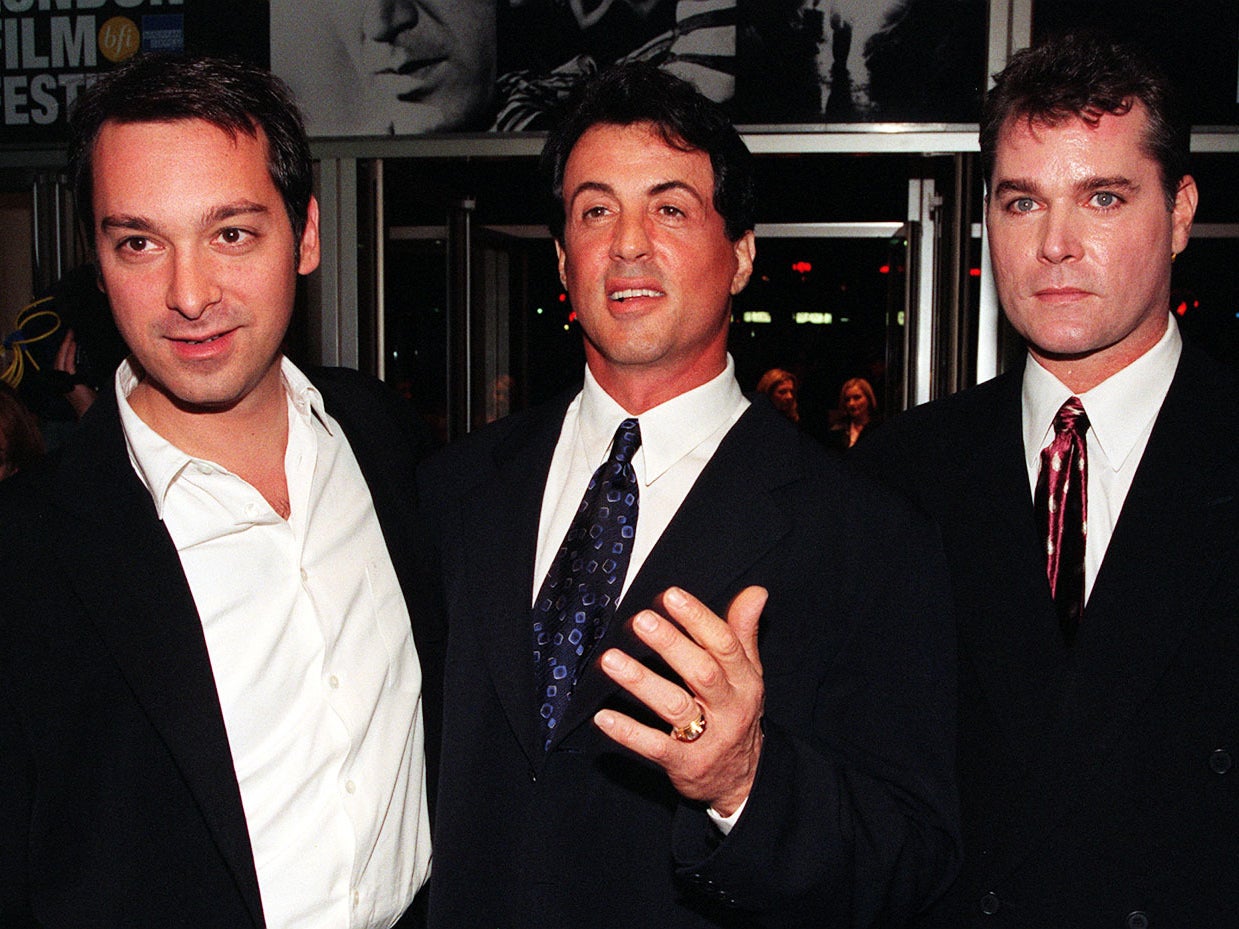Ray Liotta: Actor who helped turn Goodfellas into a crime classic
Whether exploding in cackling laughter or maintaining a glaring, stony silence, Liotta’s performance redefined the role of tough guys in Hollywood

Ray Liotta, an actor best known for his menacing, tough-guy roles in Something Wild and the mob drama Goodfellas, has died aged 67.
Liotta worked on daytime soap operas and other television dramas before he had his breakout role as an ex-convict in Something Wild (1986), directed by Jonathan Demme. Critic Roger Ebert called him “mesmerising as the evil husband with vengeance on his mind”. Liotta’s role became a template for the kind of volatile, charismatic character that would define his career.
In 1989, he played the ghostly embodiment of Shoeless Joe Jackson in Field of Dreams, depicting the real-life player who was banned from the game for betting on the 1919 World Series. In the film, Shoeless Joe materialises from an Iowa cornfield, fulfilling the vision of a farmer (played by Kevin Costner) who hears the prophetic words, “If you build it, he will come.”
The centrepiece of Liotta’s career came in 1990 with Goodfellas, directed by Martin Scorsese and based on a nonfiction book, Wiseguy, by crime journalist Nicholas Pileggi. Liotta played Henry Hill, an Irish-Italian hoodlum in the 1950s and 1960s whose ambition was to become a member of the New York mob. The film, which also starred Robert De Niro and Joe Pesci, relied on Liotta’s narration to portray Hill’s childhood fascination with the criminal underworld and how he entered that life.
“As far back as I can remember,” he says at the beginning of the film, “I always wanted to be a gangster. To me, being a gangster was better than being president of the United States.”
Scorsese and studio executives were not sure Liotta, who had only a few films to his credit, was right for the part. He tried to plead his case with Scorsese at the Venice Film Festival.
“I walked over to him and I say, ‘Marty!’” Liotta later recalled. “And the bodyguard threw me off. And I say, ‘No, no, no. I just want to say hi to Marty. I just want to say hi.’ Marty said that’s when he realised he was going to cast me.”
Handsome in a rugged way, with a square jaw and steely blue eyes, Liotta could explode in cackling laughter or maintain a glaring, stony silence, never far away from a sudden outburst of violence. In a memorable scene in Goodfellas, he laughs uproariously at a profanely vulgar joke told by another gangster, played by Pesci, and says, “You're a funny guy.”
Pesci then stops and looks straight at Liotta’s face, and the laughter gives way to a palpable sense of danger. “Funny how?” Pesci says. “Wait, he’s a big boy, he knows what he said. What’d you say? I’m funny how? Like I’m funny like a clown? I amuse you?”

The scene is resolved with laughter, but that balance between violence and happiness, or the appearance of happiness, is maintained throughout Liotta’s performance in Goodfellas. In the end, he becomes the victim of his vices, as a user and dealer of cocaine, and ends up turning against his compatriots and entering the witness protection programme.
“Every crisp minute of this long, teeming movie vibrates with outlaw energy,” critic David Ansen wrote in Newsweek. Liotta seldom explained the inner motivations that drove his style of acting, saying only that his characterisations derived almost entirely from his reading of the script, with some flashes of pent-up anger thrown in when needed.
“Even at rest, Ray seems like he has a boiling cauldron inside and you never know when it might erupt,” Alessandro Nivola, who acted with Liotta in The Sopranos prequel The Many Saints of Newark, told The Guardian.
“Of all the scary legends I’ve worked with, De Niro, Christopher Walken, Joaquin Phoenix, Shirley MacLaine,” Nivola added, “Ray is the one I was most intimidated by. Not because he’s mean, he’s not, but because he’s so intensely committed to the art of acting.”
Raymond Allen Liotta was born 18 December 1954, in Newark. He was adopted at six months, after being placed in an orphanage. He grew up in Union, New Jersey. His father owned a chain of car parts stores, and his mother worked in local government.
He was a standout athlete in high school and showed little interest in acting until he enrolled at the University of Miami. When he learned that drama was one of the subjects with no science requirements, “I said, ‘Oh my gosh, I’ll be a drama major!’”

He acted in musicals and other plays before graduating in 1978, then moved to New York, where he found work doing commercials before landing a role in the soap opera Another World. He moved to Hollywood in the early 1980s and worked in television. He landed his role in Something Wild by calling its star, Melanie Griffith, whose former boyfriend, Steven Bauer, had gone to college with Liotta.
In 1988, Liotta starred in Dominick and Eugene, playing a medical student who looks after his developmentally disabled brother, played by Tom Hulce.
After Goodfellas, Liotta played a doctor in the poorly received Article 99 (1992) and seldom had top billing in his later films. He received good reviews for playing a corrupt police officer in Cop Land (1997) and as a mafioso in Killing Them Softly (2012). He had acclaimed roles in two cable dramas, Shades of Blue, playing a crooked cop, and Texas Rising, set in 19th-century Texas. In 1998, he portrayed Frank Sinatra in an HBO film, noting, “I’m from Jersey, I’ve got blue eyes, I’m close enough.”
Liotta was in his forties when he met his birth mother and learned he had several other siblings. He also learned, to his surprise, that his ancestry was primarily Scottish, not Italian. His marriage to actress Michelle Grace ended in divorce. Survivors include their daughter, Karsen, and a sister. At the time of his death, he was engaged to be married to Jacy Nittolo.
For many baseball fans, Liotta’s performance in Field of Dreams remains an emotional touchstone of the game’s timeless allure.
“Getting thrown out of baseball was like having part of me amputated,” Liotta says as Shoeless Joe Jackson. “I’ve heard that old men wake up and scratch itchy legs that have been dust for over 50 years. That was me. I’d wake up at night with the smell of the ballpark in my nose, the cool of the grass on my feet … the thrill of the grass.”
In the film, Liotta is first seen at night, wearing the uniform of the 1919 White Sox while standing on the baseball diamond carved out of a corn field by Costner’s character, Ray Kinsella. (Liotta said he regretted that he hit right-handed and threw left-handed in the film. The real Shoeless Joe batted left-handed and threw righty.)
As the lights come on in the ballpark, Costner introduces himself, saying, “Ray Kinsella.” “Joe Jackson,” Liotta replies. As he begins to turn away, he adds, “Can I come back again?” “Yeah,” Costner's character says. “I built this for you.”
Ray Liotta, actor, born 18 December 1954, died 26 May 2022
©The Washington Post
Join our commenting forum
Join thought-provoking conversations, follow other Independent readers and see their replies
Comments

Bookmark popover
Removed from bookmarks